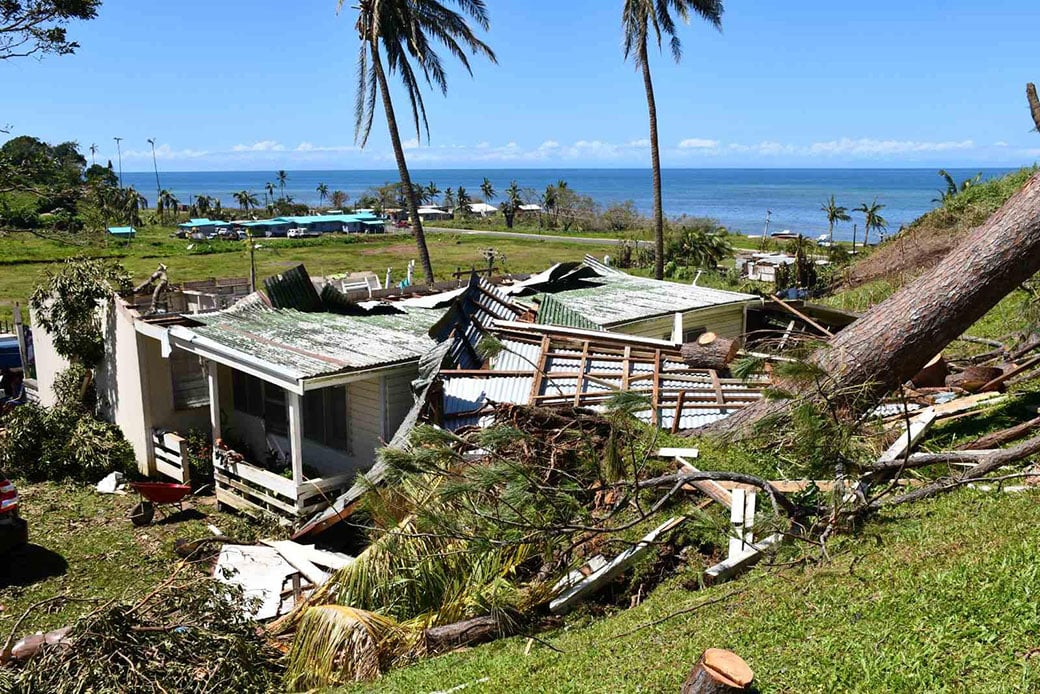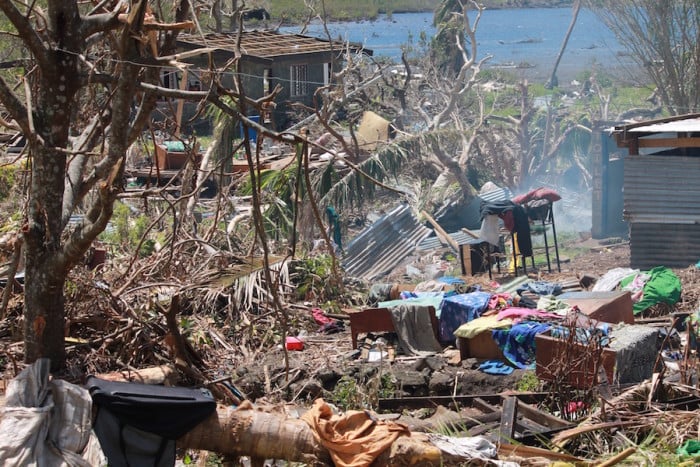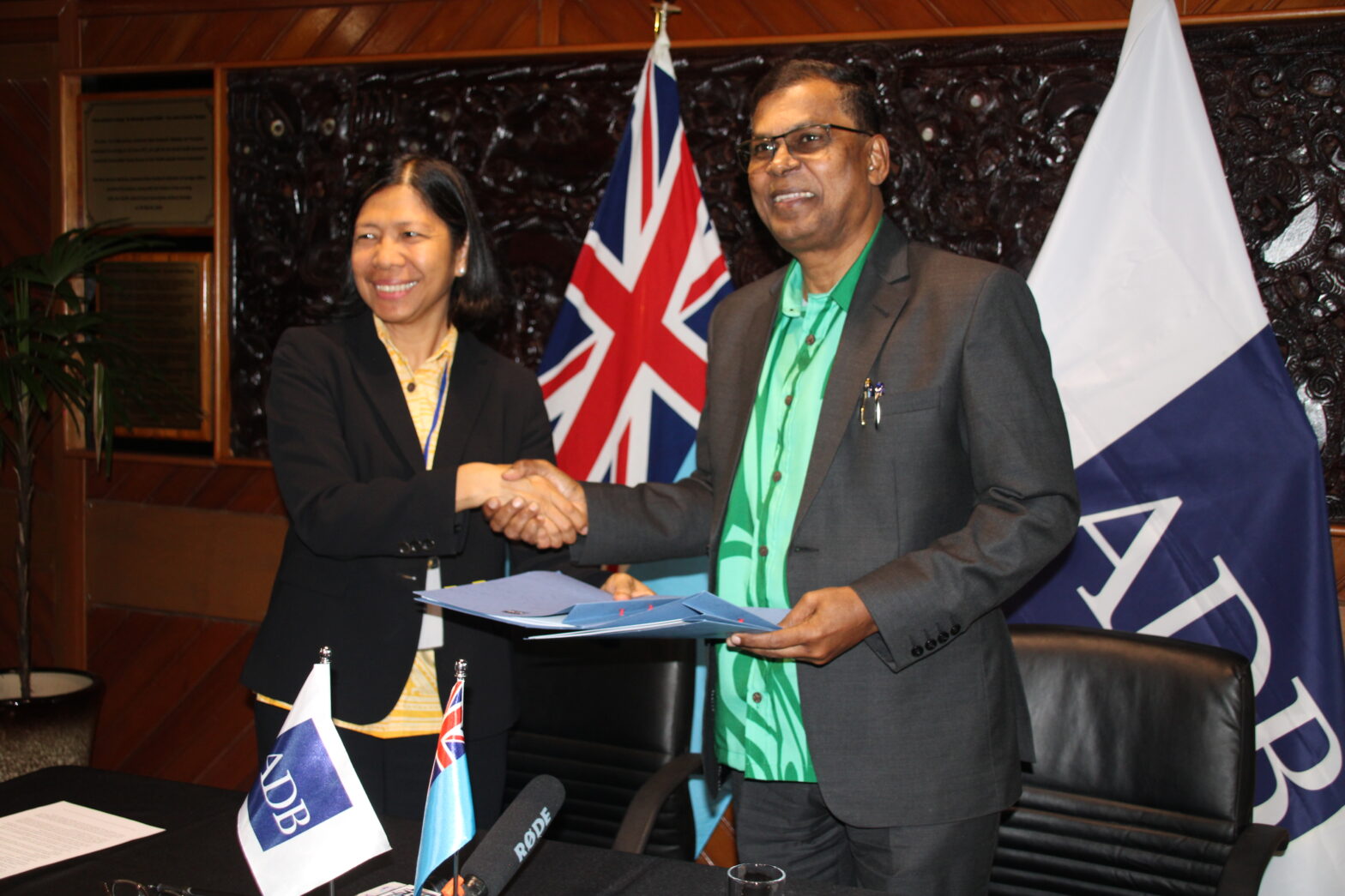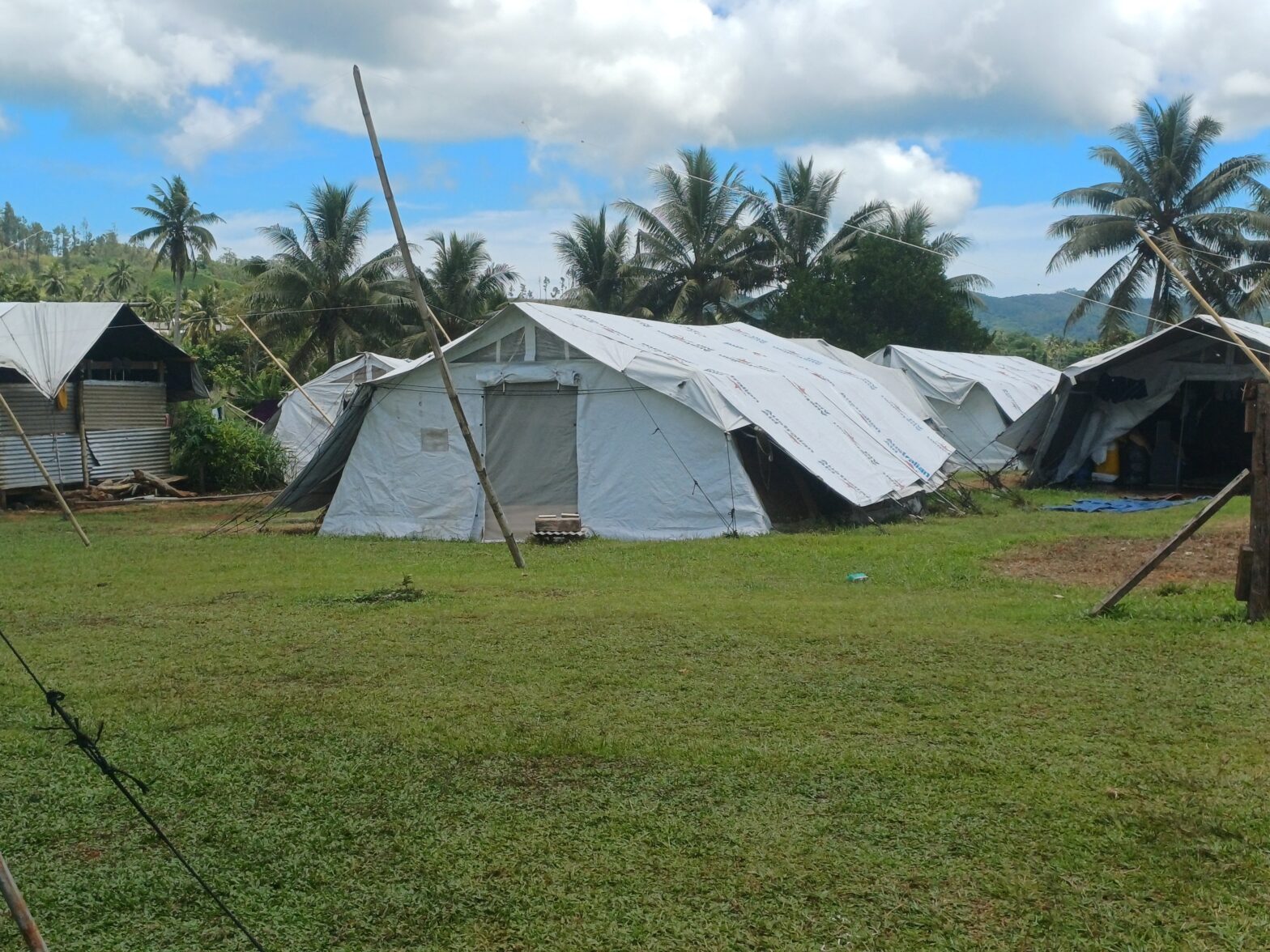Fiji has signed an agreement with the World Food Programme (WFP) of the United Nations to build the resilience of Fijians during natural disasters.
“This collaboration marks a significant milestone in our efforts to strengthen our social protection mechanisms and enhance our resilience to natural disasters, particularly tropical cyclones,” said Acting Head of Budget in the Ministry of Finance, Kelera Ravono.
Fiji is the first country in the Pacific to pilot the Anticipatory Action (AA) related to Tropical Cyclones program which is a new global concept in humanitarian aid, climate change adaptation, disaster management, and climate finance.
“We are aware that the AA involves taking proactive measures before a crisis strikes to mitigate its worst effects or even prevent the crisis altogether.
“It builds upon existing Disaster Risk Reduction (DRR) frameworks, enabling actions and financing to be triggered based on forecasts of impending hazards rather than reacting only after the disaster has occurred.”
Under the agreement, WFP will provide technical assistance to enhance Fiji’s rapid cash transfer preparedness, ensuring that vulnerable populations have access to multi-purpose cash through anticipatory cash transfers.
“These transfers aim to reduce suffering and losses and protect lives by acting ahead of the shock,” she said.
WFP will also provide funds to cover benefits for one tropical cyclone event during the term of this agreement.
“These funds will be distributed by the Government through anticipatory cash transfers to eligible households at risk of forecasted cyclones, as determined by the Government’s social protection platform,” Ravono said.
The Ministry of Finance, in collaboration with the Ministry of Women, Children, and Social Protection, reaffirmed its dedication to supporting the initiative aiming to ensure that vulnerable populations have timely access to assistance during cyclone periods.
Ravono also expressed gratitude to WFP for their partnership and support, highlighting that the agreement strengthens their relationship and signals continued cooperation and commitment to building resilience and protecting Fijian people.
Meanwhile, the UN Office for the Coordination of Humanitarian Affairs (OCHA) Centre for Humanitarian Data has been working closely with NDMO and Fiji Meteorological Services (FMS) to design the triggers for the project.
The AA project will be triggered by a tropical cyclone that is forecasted by Regional Specialised Meteorological Centre (RSMC) Nadi.
Each time RSMC Nadi produces a tropical cyclone track forecast, it will be evaluated to determine whether the trigger conditions have been met.
The activation process follows a two-stage trigger mechanism. The readiness trigger is activated if any point in the 120-hour forecast meets the trigger conditions. Subsequently, the action trigger is activated if any point in the forecast up to a lead time of 72 hours meets the trigger conditions.
Upon activation of the readiness trigger, CERF funds will be swiftly disbursed to UN agencies, allowing for immediate response actions.
However, spending is initially limited to 15 percent of the allocation, with the remainder available once the activation trigger is met.
UN agencies involved in the pilot project include the World Food Programme (WFP), Food and Agriculture (FAO), United Nations International Childrens Emergency Fund (UNICEF), United Nations Population Fund (UNFPA), UN Women, and International Organisation for Migration (IOM).




